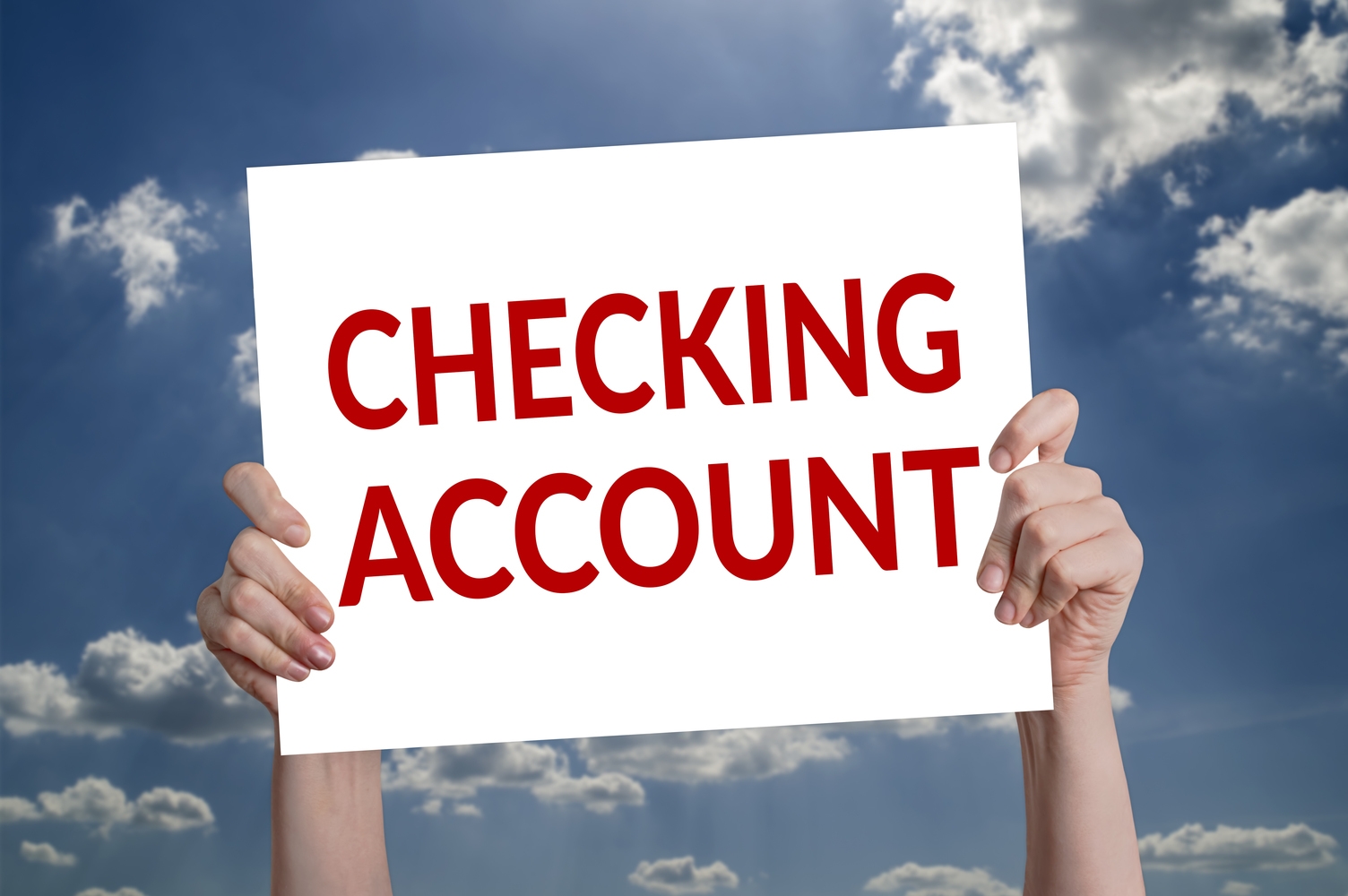Comprehensive Guide to Opening a Digital Bank Account: FAQs and Essential Tips
Learn everything about opening a digital bank account, including key questions about account types, required documents, deposit requirements, and top banks offering no-minimum deposit options. This comprehensive guide helps beginners navigate the digital banking landscape with confidence, ensuring a secure and beneficial banking experience.

All You Need to Know Before Opening Your First Online Bank Account
Essential questions and answers for establishing a new digital bank account
In today’s digital banking era, opening a new bank account no longer requires a visit to a physical branch. Instead, you can conveniently apply online from the comfort of your home or office. This shift has made banking more accessible, flexible, and efficient for millions around the world. However, if you are new to digital banking, the process might seem complex or overwhelming at first glance. To help ease your worries, this comprehensive guide will walk you through the critical steps, key questions, and important considerations when setting up your first online bank account. Whether you're opening a checking account for everyday transactions or a savings account to grow your finances, understanding the foundational aspects is crucial for making informed decisions.
How to Know Which Digital Bank Account Is Right for You
Choosing the right type of account is the first step in your digital banking journey. For daily financial activities like paying bills, shopping, and writing checks, a checking account is typically recommended. If your goal is to save and accumulate funds for future needs or emergencies, then a savings account will be more suitable.
Next, assess your financial habits and goals to select a bank that offers the features you value most. For instance, look for banks with low or no monthly fees, high interest rates on savings, easy-to-use mobile apps, and excellent customer service. Comparing different digital banks based on these criteria can help you find the best fit for your individual needs.
What Documents Do You Need to Open a Digital Bank Account?
To verify your identity and ensure compliance with regulations, most online banks will request specific documents. Typically, you will need a valid government-issued ID such as a driver’s license or passport. Additionally, you should prepare your personal details including your date of birth, social security number or tax identification number, phone number, and email address.
If you plan to share the account or have a joint account with a partner, you'll need to specify this during registration. Similarly, minors usually require a guardian or parent to co-own the account, complying with legal requirements regarding minors’ banking.
Is an Initial Deposit Necessary to Open an Online Banking Account?
Deposit requirements vary among digital banks. Many institutions offer free or no-deposit accounts, especially designed to promote greater accessibility. Typically, initial deposits can range from as low as $25 to $100, but some premium accounts offering higher interest rates or additional features might require larger deposits.
You can fund your new account via debit or credit card, bank transfer, or sometimes even through mobile payment options. This flexible funding process makes it easy to activate your account and start banking immediately.
Several banks are now offering accounts that do not require any initial deposit, removing barriers to entry for individuals who may not have sizeable funds ready at the outset.
Leading Financial Institutions Offering No-Minimum Deposit Accounts
Many reputable banks provide no-deposit or no-minimum-balance options. These accounts are excellent for students, travelers, new residents, or anyone seeking low-cost banking solutions. It’s important to review the terms and benefits of each account, including monthly fees, withdrawal limits, and interest rates.
Among the top banks offering such features are Capital One, Ally Bank, Discover Bank, Charles Schwab Bank, Simple Bank, and First National Bank. These institutions are known for their user-friendly platforms, competitive interest rates, and customer-centric policies.
Embarking on the process of opening an online banking account is a significant step toward managing your finances in today’s digital age. With careful research and comparison, you can choose an account that offers the best interest rates, minimal fees, and a seamless banking experience. Take your time to review the terms, understand the features, and ensure that the bank provides robust security measures to protect your personal and financial information. By doing so, you'll set yourself up for success and enjoy the convenience of modern digital banking.
Tags: digital bank account, online banking setup, open online bank account, no-deposit accounts, free online checking





